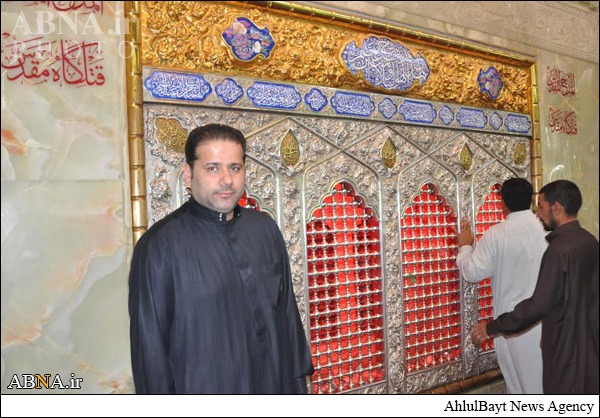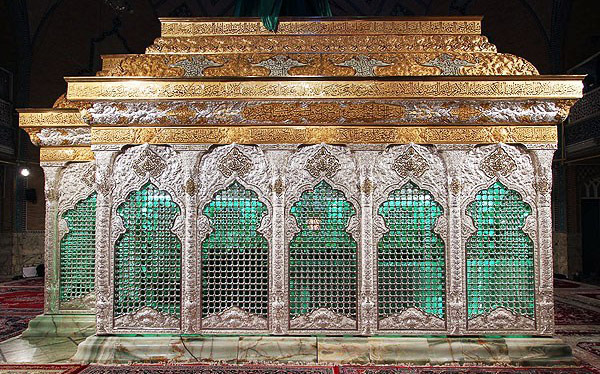By Catherine Shakdam
If Yemen has, by any account, existed in a semi-permanent state of crisis and tumult over the past three years, plagued by political instability and over-bearing foreign manipulations, this poorest nation of the Arabian Peninsula quite literally stared absolute devastation in the face as Al Qaeda rose to fight the Houthis earlier this October.
Only days within the political agreement which saw President Abdo Rabbo Mansour Hadi gave in to Abdel-Malek Al Houthi’s demands for meaningful change, in keeping with popular demands and the spirit of Yemen National Dialogue resolutions, Al Qaeda militants staged a series of terror attacks across the country, targeting the very men who enabled the Yemeni people to reclaim control over their destiny.
Formerly the pariah of Yemen politics due to their affiliation to Shia Islam, a sect which has suffered dearly under Saudi Arabia’s influence, the Houthis of Yemen have risen the undisputed winner of 2011 revolution, having been able to reinvent themselves the people’s champion and fly the flag of democracy as well as social inclusion.
Politically organized under the denomination, Ansar Allah, the group proved itself an inspiration for hundreds of thousands of disillusioned Yemenis, very much the carrier of a new hope for the country. Under Abdel-Malek al Houthi’s impetus, the Houthis tore down Yemen’s veil of falsehood and web of political deceits, exposing to the nation the games which politicians and officials had played for many decades in order to advance their ambitions, and of course amass fortunes.
The further the Houthis advanced in the highlands against Islamists and their tribal militants, the more apparent Yemen’s terror deception became.
By the time the Houthis asserted their control in late September over the capital, Sana’a, having neutralized all opposition, Yemenis woke up to the fact that Al Qaeda had been but a proxy for Riyadh, a weapon used to destabilize the nation and prevent real progress to ever materialize.
As noted by Abdelrahman Jamil, a political commentator, back in September, Saudi Arabia “does not wantto see Yemen as stable, it doesn’t want to see Yemen as a different country, and it doesn’t want to see Yemen as an independent republic or whatever it is.”
As early as Yemen’s first crack at democracy in the early 60s, Saudi Arabia has stood in the shadows, playing politicians and factions against each other to create “manageable chaos” and thus ensure that Yemen would never rise to be the threat Al Saud inherently understand will signal its house’s demise.
Fighting Terror
Because the Houthis directly faced Al Saud’s religious wrath for over three decades, having endured and weathered systematic oppression under the rule of the Salafis and Wahhabis – religious radicals who have proven to harbour suspicious ties to terror groups such as Al Qaeda – whose militants enjoyed unparalleled financial, military and political support from Riyadh; did the faction understand how vital it was for Yemen to extirpate itself from under fanatics’ thumb.
Accustomed to religious terrorism for they lived under its direct shadow, the Houthis immediately recognized the historical opportunity which 2011 offered the Yemeni nation. As Yemen’s first protesters took to the streets Al Houthi pledged his support and his protection to the people, regardless of their political affiliations and religious beliefs, keen to project a sense of unity and nationalism as the country advanced on the road to democracy.
Three years on and Al Houthi has remained true to his promise.
Three years after Yemen rose in anger to denounce nepotism and injustice, the Houthis managed what many thought impossible when they dislodged the last remnants of the former regime – Al Islah, thus breaking the nation free of its shackles.
But if such victory was hailed a defining moment in Yemen’s history, a turning point not just for the country but the region, Islamists soon proved that they were not done just yet.
As Yemen rejoiced, ready to write the next chapter of its transition of power, Al Qaeda pointed its devilish nose, determined to drown the unsuspecting nation into a torrent of blood and tears.
With the army acting a recluse within its bases and encampments, the Houthis were left to hold the fort on their own, abandoned by the political class and the international community as they walked alone to meet Al Qaeda army.
Political U-turn
For days the Houthis have withstood Al Qaeda’s onslaught. As more tribes came to swell the ranks of the terror group, animated by a displaced sense of a religious loyalty and an irrational fear of Shia Islam, the Houthis held their ground, pushing and grinding their way into Al Qaeda territory in order to reclaim Yemen’ sovereignty over its land.
Just as many sold the Houthis to the river, predicting the faction would never recover from the losses it suffered by the hands of terror militants, Yemen suddenly woke up from its stupor.
As often in a moment of great tragedy, one single act of absolute courage can change the tide of events, however bleak and hopeless. At a time when all seemed lost, when Al Qaeda appeared poised to swallow Yemen whole under its black flag, the military swing back into action.
As of Friday the United States resumed its drone campaign against Al Qaeda, thus offering some much needed relief to the Houthis, while President Hadi finally ordered the armed forces to engage terror militants on the ground.
Following decades of intense political bickering and deep dissensions, Yemen finds itself united in its fight against terror. While observers have called the political U-turn an alliance of convenience, arguing that Washington and President Hadi seek only to deal with the most immediate threat – terror, many have begged to differ, noting that Yemen could actually have found its direction in the midst of infinite chaos.
Faced with annihilation by radicalism, Yemen factions chose for the first time to see past their disagreements and conflicting agendas in view of the nation’s interest.
With Yemen standing united behind the banner of the Houthis, the impoverished nation now stands a chance to reclaim its future. But more importantly, this new-found unity will ring the end of Saudi Arabia patronage over this unruly republic.
/149


